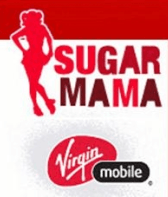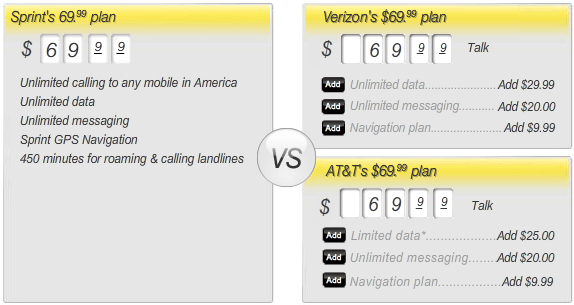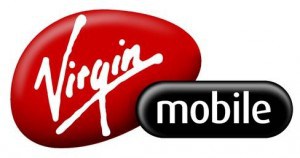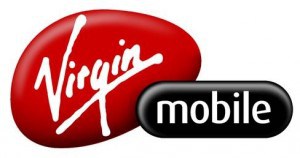 Virgin Mobile, which last year excited a number of our readers with the introduction of its Broadband2Go unlimited mobile broadband plan, has continued to evolve the meaning of “unlimited,” to now mean just 2.5GB of usage per month before speeds are reduced to the very un-broadband level of 256kbps.
Virgin Mobile, which last year excited a number of our readers with the introduction of its Broadband2Go unlimited mobile broadband plan, has continued to evolve the meaning of “unlimited,” to now mean just 2.5GB of usage per month before speeds are reduced to the very un-broadband level of 256kbps.
It’s just another in a series of limits Virgin Mobile has placed on its 3G “unlimited” pay-as-you-go service since last August.
Last summer, customers paid up to $100 to purchase the mobile broadband device used with the service, and promptly discovered a lot of people were doing the same thing, which promptly overloaded the network and drove speeds downward. Within months, our readers reported Virgin had quietly implemented a “fair access policy” that began reducing customers’ speeds after as little as 200MB of use daily, usually to 256kbps or less. By February 2011, Virgin announced a 5GB usage cap, after which speeds would be permanently throttled until customers either paid an additional $40 or waited out the end of their billing cycle.
Apparently, even 5GB of usage per month is considered too much, so now Virgin Mobile is slashing that in half to 2.5GB. Despite the ongoing decreases, company officials insist whatever level they are, they are still generous. The company said less than 3 percent of its customer base will be impacted by a 2.5GB limit on their supposedly “unlimited” plan. Virgin Mobile, now a wholly-owned subsidiary of Sprint, gets around that pesky contradiction by calling their plan “unlimited access,” which means you can access it day or night at speeds that either might be fast, or heavily throttled.
What used to cost $40 a month for truly unlimited service today costs $50 for 2.5GB.
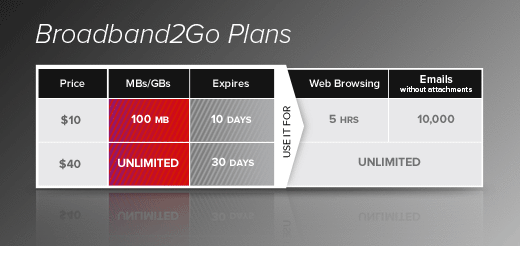
Virgin Mobile's Broadband2Go "Before" Pricing from August, 2010
Virgin Mobile is also hiking rates for two budget handset plans that include data:
- 300 minutes, including unlimited texting and data up $10 to $35 a month
- 1,200 minutes, including unlimited texting and data up $5 to $45 a month
But competition does occasionally deliver some benefits to consumers as Virgin recognizes it is being killed by cheaper unlimited smartphone plans from MetroPCS and Cricket, so it has cut the price on its own unlimited calling, texting, and data smartphone plan by $5 to match its competitors’ $55 monthly price.
Virgin Mobile is in the process or repositioning itself away from being a prepaid budget-priced carrier towards a smartphone-oriented provider for customers who do not want to sign lengthy service contracts with Verizon, AT&T, or even parent company Sprint.
This certainly means the days of Virgin Mobile’s Sugar Mama are long gone.
Thanks to Bones and several other Stop the Cap! readers for sharing this news with us.


 Subscribe
Subscribe
